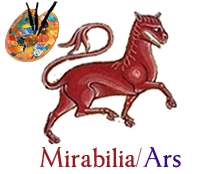Eirini ARTEMI
Greek Fathers of the 4th-5th centuries and the secular education. Their acceptance in Greek thinking while rejecting pagan cults
Greek Fathers of the 4th-5th centuries and the secular education. Their acceptance in Greek thinking while rejecting pagan cults
Published in
PDF download:
The Fathers were neither implacable enemies of Greek thought nor did they hate the works of the ancient Greek poets and writers. Great Basilius did not hesitate to show ancient people as examples of virtue who were referred to in the works of secular literature. He like others emphasized, however, that not everything within ancient literature is acceptable but that one should only keep what is useful for Christianity! The rest constituted sinister men’s acts and should therefore be avoided. No one must imitate their actions. Cyril of Alexandria did not reject the ancient Greek thought as philosophy but as theology. The motive was obvious. The contrast between Christian theology and Greek philosophy existed only when the latter was presented as theology. It was a feud between a presupposed common area which each claimed for herself. The rejection of the Greek “false worship as totally useless” took place as a theological crisis. When the Fathers condemned the “Greek and avid ... malice” and exercised “control of the Greek fraud” they essentially failed on Greek philosophy, while targeting ancient Greek religiosity. Hence, Greek Fathers honoured Greek thinking, Greek language and used both in their writings but tried to avoid ideas of Greek pagan practice and cult and fought against these with all their powers.


















































































